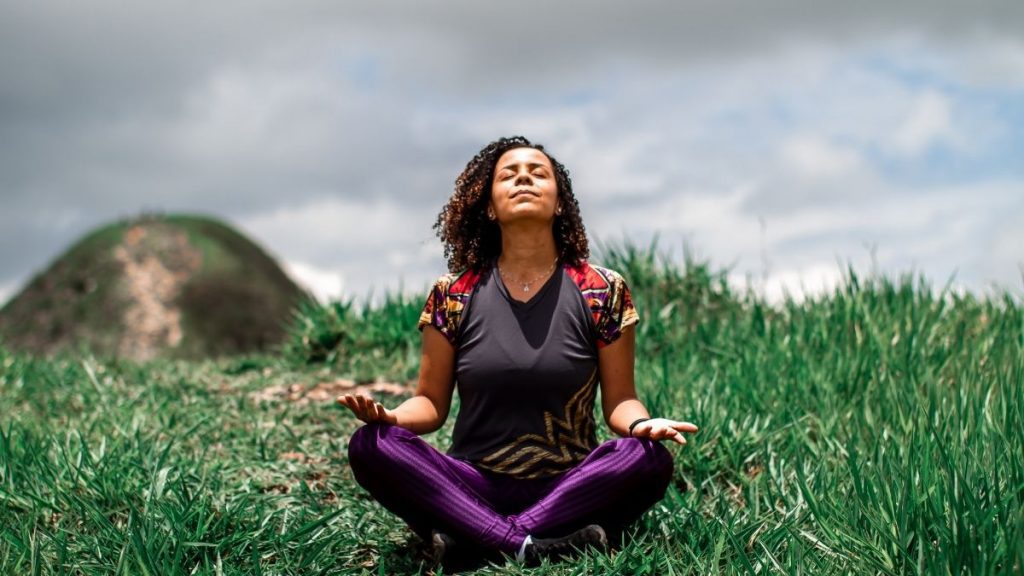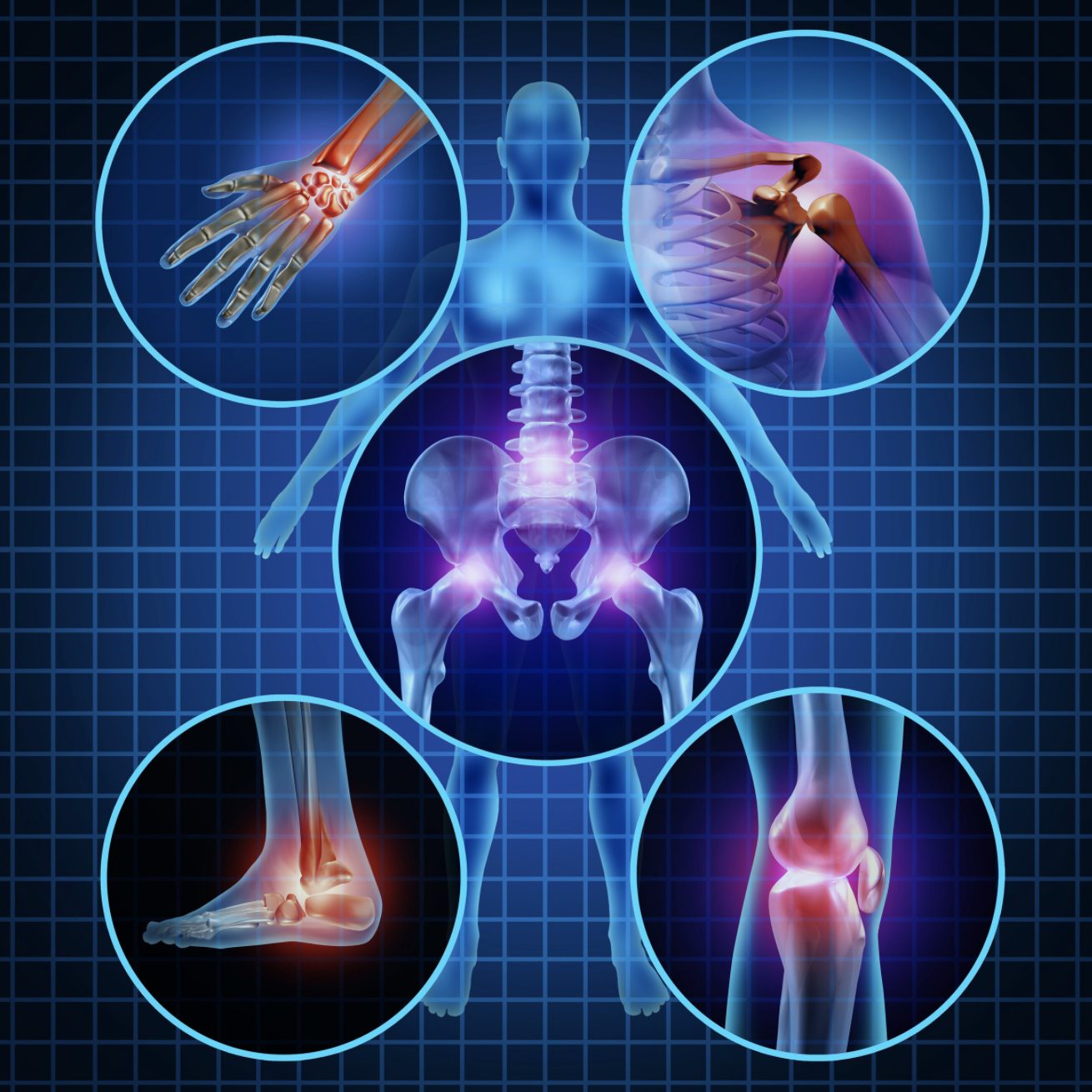
There are a lot of misconceptions out there surrounding arthritis, and you may be surprised to know that it affects children too. In the UK alone, it is estimated that one in 1,000 young people under the age of 16 are managing Juvenile Idiopathic Arthritis, a condition distinguished by flares of persistent pain, swelling and stiffness in the joints.
What do we know about Juvenile Idiopathic Arthritis?
The different subtypes of JIA are:
- Oligoarthritis: The most common form of the condition, affecting four or fewer joints, particularly the knees, ankles and elbows.
- Polyarthritis: Five or more joints are impacted, typically on both side of the body.
- Psoriatic: Combines the symptoms of arthritis and psoriasis.
- Enthesitis-related: Affects enthuses, the places where tendons attach to the bone, commonly the joints of the legs and spine.
- Systemic: Characterised by body-wide inflammation.
- Undifferentiated: Symptoms do not fulfil the criteria of any of above the subtypes but inflammation is present in one or more joints.

Common Juvenile Idiopathic Arthritis symptoms include:
- Painful, swollen or stiff joints, especially in the morning
- Joints that are warm to touch
- Limping and less ability to use joints
- Fatigue
- Persistent fever
- Irritability
- Eye inflammation and blurred vision (uveitis)
- Rashes and psoriasis
- Weight loss and slow growth
Diagnosing, treating and managing Juvenile Idiopathic Arthritis
Unfortunately, diagnosing JIA can be challenging. There is no single test to confirm the condition, but your (or your child’s) doctor will begin by carrying out a thorough evaluation to assess the symptoms. If you think that you or someone you know may have JIA, book an appointment with your GP as soon as possible.
Like with many chronic illnesses, there isn’t a “one-size-fits-all” approach to treating Juvenile Idiopathic Arthritis. Children will experience different symptoms and struggles, and the care offered will need to be tailored to the individual’s unique needs. The right medication, physical therapy, nutrition, exercise and rest can control JIA symptoms, enabling you or your child to lead a happy, active lifestyle and become more independent moving into adulthood.
Although prescription medications cannot cure arthritis, they can be a great help in easing the pain. Non-steroidal anti-inflammatory drugs (NSAIDs) or disease-modifying anti-rheumatic drugs (DMARDs) can be prescribed, as well as biological therapies, steroids, painkillers and eye drops to relieve eye inflammation.
Other popular treatments for Juvenile Idiopathic Arthritis include physiotherapy and occupational therapy, which can help to manage pain, improve confidence, restore and maintain independence and overcome certain difficulties associated with the condition.
There is an increasing number of alternative pain management therapies and techniques to explore, such as meditation, yoga and music therapy, and researchers are constantly trialling experimental new treatments.
You can also try using our active To Better Days joint patches. They contain a powerful combination of vitamin D, which can reduce the markers of inflammation and helps to maintain normal bone and muscle function, and dextrose, which provides sugars to the affected area, acting as a ‘cell food’ for regeneration. Developed with safety, sustainability and ease of use front of mind, the patches are completely natural and can be applied anywhere on the body to provide targeted pain relief in as little as 30 minutes.
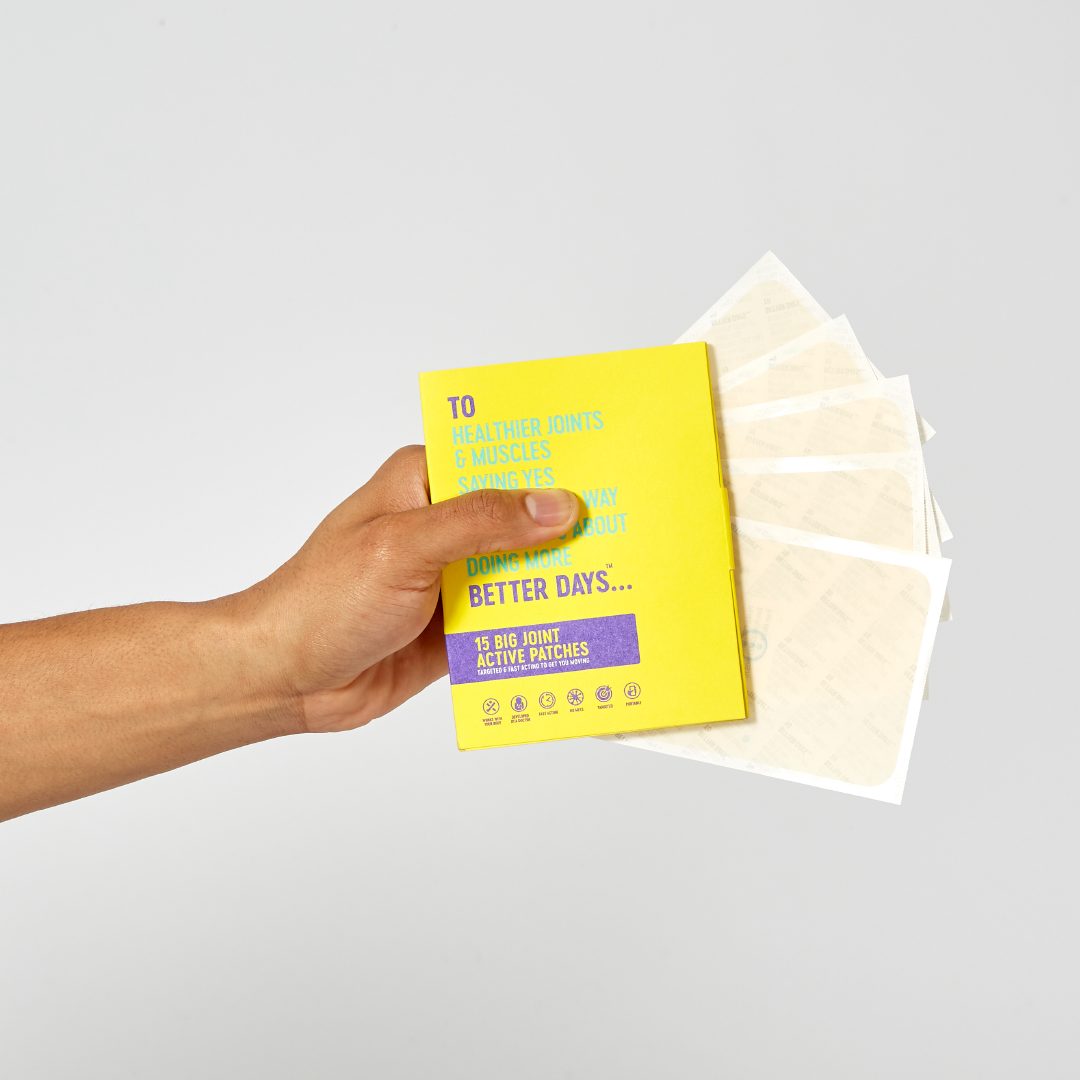
The simple things to consider
Exercise: Physical activity has unique benefits for JIA sufferers. It improves quality of life, muscle strength and bone density. Your doctor or physiotherapist will be able to recommend and guide you through the best forms of exercise for you or your child. Nonetheless, while physical activity can help to relieve symptoms, it is important to balance this with rest.
Diet: Is there a recommended diet for Juvenile Idiopathic Arthritis? Well, yes. If you’ve got JIA, you will benefit from foods that are rich in vitamin D, protein, healthy oils and fibre. Common anti-inflammatory foods include tomatoes, olive and fish oils, almonds, walnuts, green leafy vegetables and fruits such as strawberries, blueberries, cherries and oranges. Turmeric, green tea, ginger and cinnamon also work as great natural remedies. Anything processed or high in sugar could trigger a flare-up, so it’s always best to steer clear or limit your intake.
Relaxation and emotional wellbeing: Meditation, deep breathing exercises and various distraction techniques can help you or your child to relax and stop focusing on the pain. You may also want to look into counselling and other forms of psychological support to help manage the emotions you are feeling.
Living with JIA – Daisy’s story
Daisy developed Juvenile Idiopathic Arthritis when she was 13 years old. Following her diagnosis, she found that she often had to explain that arthritis isn’t “just for old people” – that’s it’s a common condition that can affect children and teens like herself. Daisy’s JIA began to impact her
shoulder, elbow, knees, ankles and jaw, which was extremely stressful, and she has tried many different medications over the years to help with Juvenile Idiopathic Arthritis management.
For Daisy, one of the main difficulties comes in describing just how bad JIA can get to someone who has probably never experienced that level of daily discomfort and therefore, cannot truly emphasise. With time, she came to accept her condition and realised that it’s okay to feel this way and advocates reaching out to friends and family members for support.
At 16, Daisy went to festivals with her friends and experienced many of the typical rights of passage any teenager would, and she’s now living an independent life at university, with hopes to start a career as a writer. You can read Daisy’s story, in her own words, here.
Where to seek support for Juvenile Idiopathic Arthritis
Young people with long-term conditions such as JIA can experience social isolation, low self-esteem and discrimination, which when paired with the physical pain, can often become unbearable. If you’re currently managing Juvenile Idiopathic Arthritis, or are supporting a child or loved one who is, there are a myriad of helpful resources to explore.
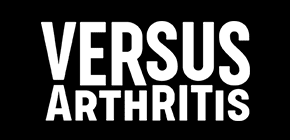
Versus Arthritis is a charity dedicated to supporting people living with arthritis, developing breakthrough treatments and campaigning for arthritis to be seen as a priority in the UK. On the website, you will find a host of information, advice and news, and if you need specific help, you can call the helpline on 0800 5300 520.
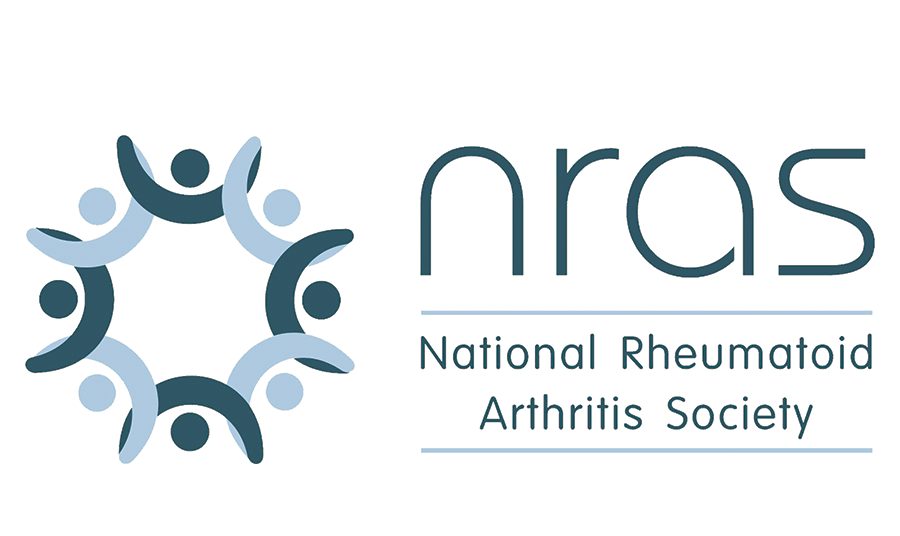
JIA at NRAS (the National Rheumatoid Arthritis Society) supports children and families affected by Juvenile Idiopathic Arthritis. The charity’s online resource hub is jam-packed with helpful articles, videos, tools and publications. Check out their free, downloadable booklet on Managing JIA in School, a guide for parents, carers, teachers and everyone who works in an educational setting with children 10 years old and above.
Meeting others living with JIA and sharing experiences can be incredibly positive. There are many Juvenile Idiopathic Arthritis support groups to discover, such as the Arthritis Foundation’s Live Yes! Connect Groups, which offer a place of understanding and encouragement for both people living with arthritis and their loved ones. There are also some great JIA camps, retreats and recreational programmes out there, designed to give kids with arthritis the chance to socialise, have fun and make lasting memories.
Why not take to social media? There are a number of inspirational, upbeat Instagram influencers and bloggers to follow who are documenting their very own JIA journey.
Juvenile Idiopathic Arthritis can be extremely challenging. However, with the right treatment and support, most sufferers are able to lead happy, healthy, fulfilled lives. If you feel comfortable sharing your experiences with JIA or have any questions, please get in touch via our Facebook community page Together For Better Days. We’d love to hear from you!

